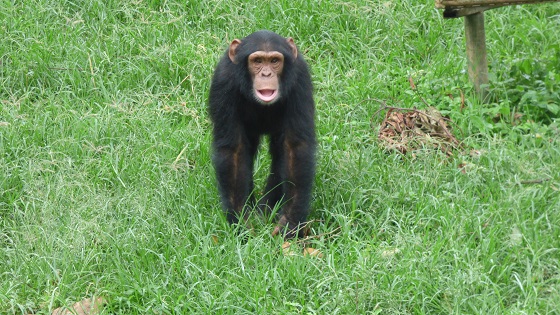The covid 19 pandemic has disrupted the normal order of life and introduced a new normal, as a way of controlling the spread & effect of this virus (or should I say as way of living with the virus). This includes how gorilla trekking in Rwanda is done during this covid pandemic era.
Gorillas and humans share than 98% DNA, meaning humans and gorillas can suffer from the same diseases and that includes covid 19. Therefore, the biggest task of gorilla tourism in this covid era is to prevent humans from passing the SARS-CoV-2 virus on to the gorillas. At the moment it is not known how the virus would affect the gorillas if infected but it could be as devasting as it has done in humans or even worse. The virus crossing over to the gorillas would also mean the virus will stay around longer and potentially cross back to humans with even worse variants.
The government of Rwanda has taken the lead in protecting the gorillas and other primates from covid by imposing stricter guidelines/requirements for visiting primate parks including Volcanoes National Park home to the gorillas and golden monkeys, Gishwati – Mukura National Park home to chimpanzees and Nyungwe forest national park home to the chimpanzees and many species of monkeys and is popular for the chimpanzee trekking in Rwanda and the canopy walk
What are the guidelines/requirements for the gorilla trekking in Rwanda during the covid 19 pandemic?
Before visiting the gorillas, a tourist much have a negative PCR test result done within 72 hours from the time of gorilla trekking or golden monkey trekking in Volcanoes National Park. This is perhaps the most outstanding requirement!
Only a PCR test is accepted but not the rapid test.
On the day of the gorilla trek should a tourist show any covid symptoms such as high temperature, cough or flue, he or she shall not be allowed to proceed with the gorilla trek.
Tourists must put on masks when with the gorillas.
Where to do a PCR test for your gorilla trek in Rwanda?
You can do the covid test in Kigali at RBC. Results are supposed to return within 24 hours, but on average return within 12 hours. You can therefore do a test in the morning of traveling to the park and by evening have the results if you are trekking the following day.
You can also test at the government hospital in Musanze. This is if your gorilla trekking date will be a few days away from the time you travel from Kigali a test from Kigali would have expired by the time of your tracking date! The Musanze testing point also works if you are not traveling from Kigali so you do not have to travel back to Kigali for the test.
Another PCR testing center is in Gisenyi where you can test if traveling from the south or western parts of Rwanda enroute to the Volcanoes National Park!
